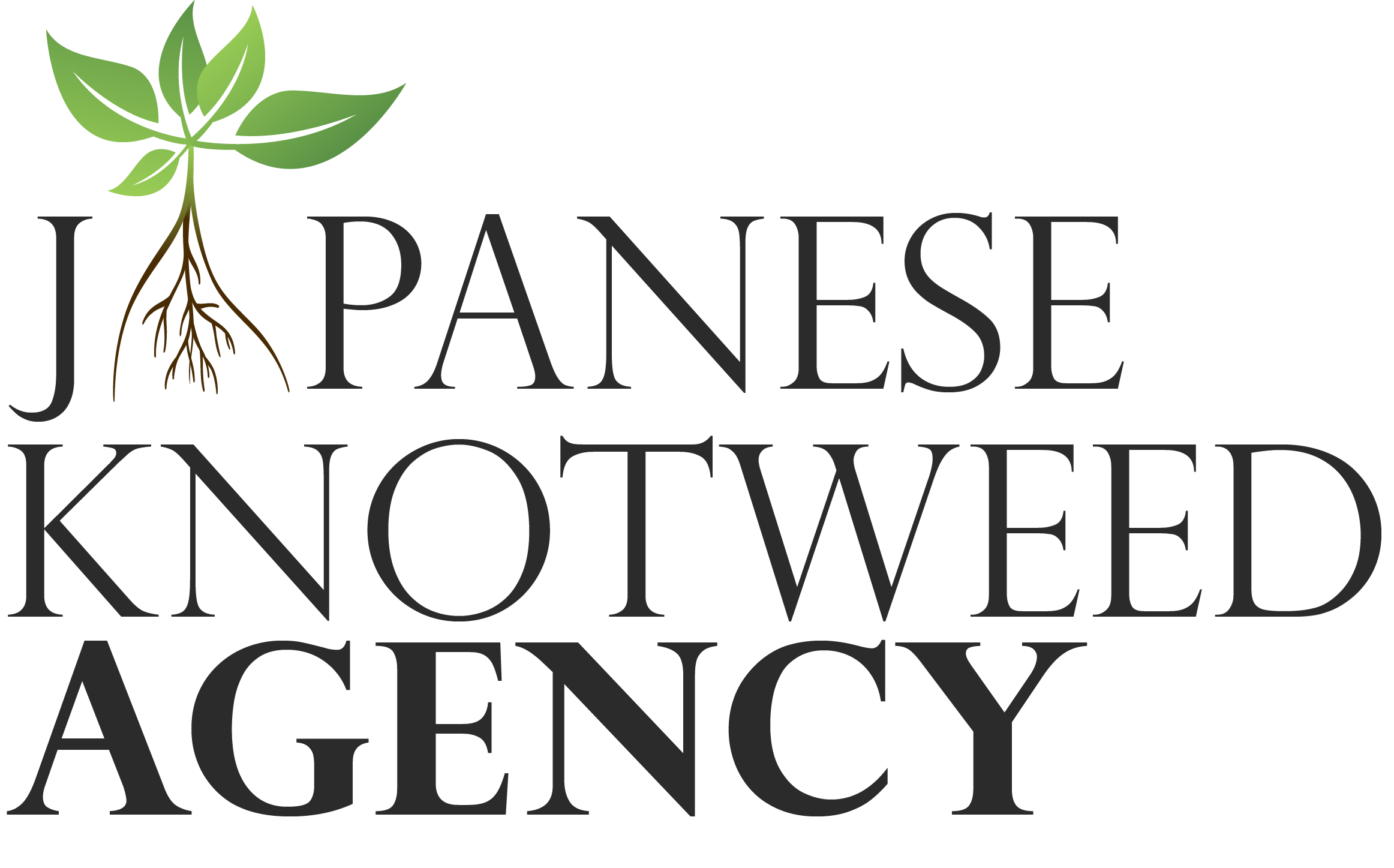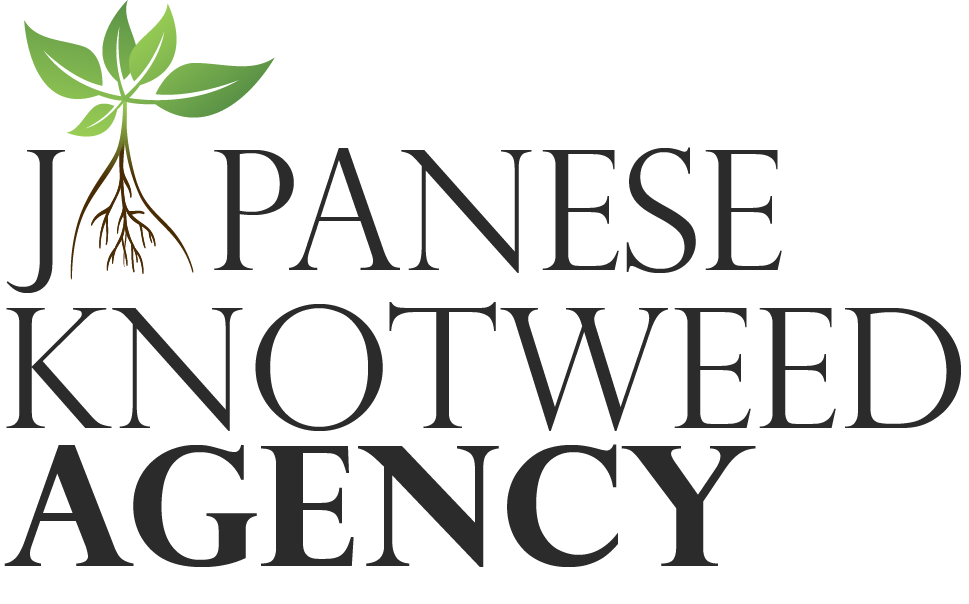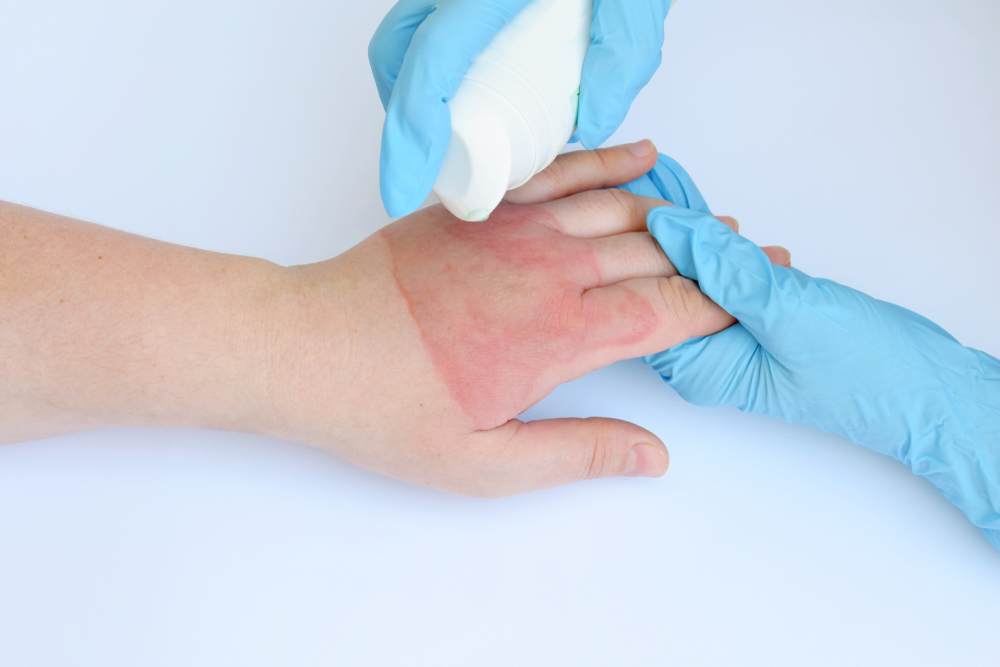People often confuse Japanese Knotweed with giant hogweed because of its appearance which is why correctly identifying Japanese Knotweed is so important. Unlike Japanese Knotweed, which might on rare occasions cause mild irritation, giant hogweed can cause rashes, blisters and (in the worst cases) blindness, so the answer is No, Japanese Knotweed is not poisonous and does not cause burns, that being said, coming into contact with the invasive weed can cause mild skin irritation. If you get your Japanese Knotweed infestation treated promptly and professionally, you’ll greatly reduce the chances of any kind of contact or reaction!
If you have Japanese knotweed on your property – or if you’ve noticed it in your neighbour’s garden and you’re worried it might spread to yours – the Japanese Knotweed Agency can help, we can visit your property and carry out a Japanese Knotweed survey to confirm whether or not you have a Knotweed infestation. If you do, we can recommend suitably qualified professionals to treat your Japanese knotweed with specialist herbicides to get it under control.
What about pets? Is Japanese Knotweed poisonous to them?
According to the Deerfield River Watershed Association in the USA, “Japanese Knotweed can be safely eaten by sheep, cattle, horses, and goats”.
Grazing alone won’t be enough to eliminate Japanese Knotweed from an area, but it may limit the plant’s ability to spread.
This BBC article from 2010 points out that Japanese Knotweed isn’t really a problem in its native country – while common, the plant “doesn’t rage out of control like it does in the UK, thanks to natural predators that keep it in check”.
In Japan, Knotweed has many natural predators in the form of nearly 200 insect species and a variety of fungi. Certain psyllids (plant lice) have proven to have an appetite for Japanese Knotweed sap – the organisers of the Chelsea Flower Show have looked at using psyllids to keep Japanese knotweed at bay, and one species (Aphalara itadori) has even been released into the wild in an effort to combat the UK’s Knotweed problem.
Thankfully, Japanese Knotweed is not poisonous to animals, so while you may find the appearance of this invasive plant on your property worrisome, you don’t need to worry about your pets. Some people even eat Japanese Knotweed.
Most common pets like cats and dogs tend to stay away from Japanese Knotweed, but even if they did decide to give it a bite, they shouldn’t come to any harm. Of course, if you think that your pet has eaten Japanese Knotweed and had an adverse reaction, you should contact your vet right away as a precautionary measure.


